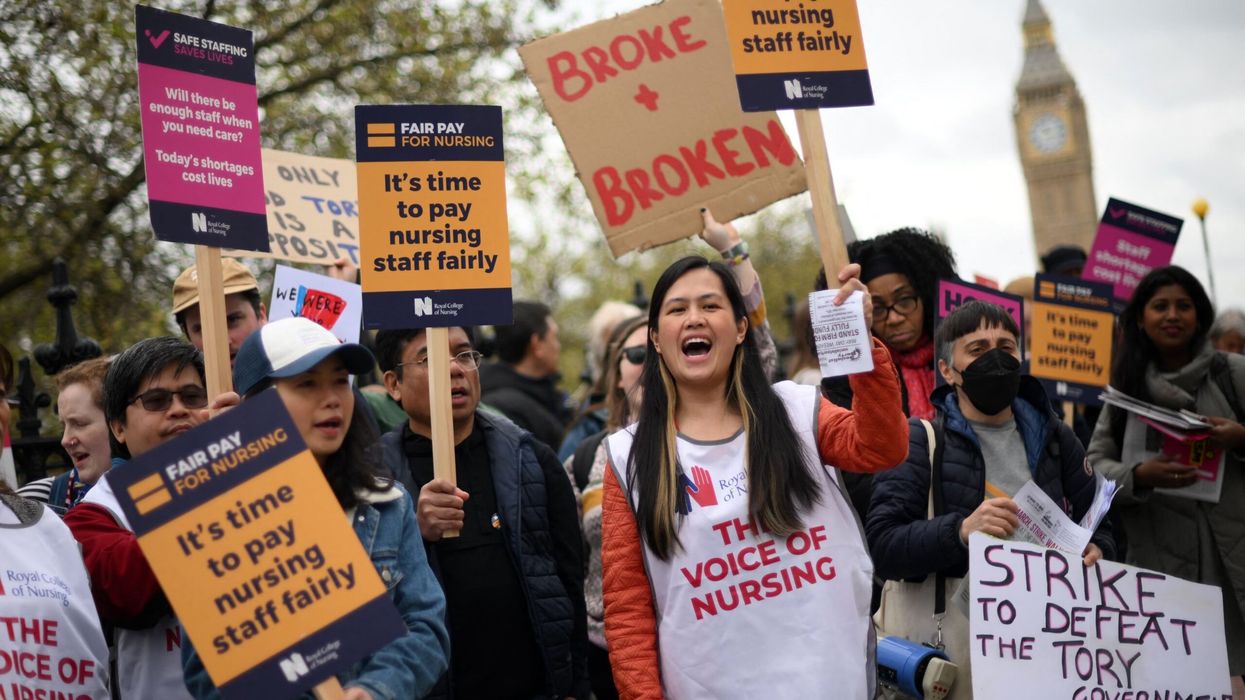TEACHERS and nurses may strike after the government recommended a 2.8 per cent pay rise for public sector workers for the next financial year.
Ministers cautioned that higher pay awards would require cuts in Whitehall budgets.
The British Medical Association (BMA) criticised the proposal, with its chair, Philip Banfield, stating that it demonstrates a "poor grasp" of unresolved issues, The Times reported.
"For this government to believe a 2.8 per cent pay rise is enough indicates a poor grasp of the unresolved issues from two years of industrial action," Banfield said.
Unison, representing nearly half a million NHS workers, and the Royal College of Nursing (RCN) also condemned the recommendation. Nicola Ranger, general secretary of the RCN, called the proposal "deeply offensive," adding, "The government has today told nursing staff they are worth as little as £2 extra a day."
The dispute follows earlier industrial actions across the public sector. Nurses and NHS staff are seeking an above-inflation increase, frustrated by this year’s 5.5 per cent rise, which was lower than the junior doctors’ 22 per cent deal over two years.
Helga Pile of Unison warned that the proposed rise "barely covers the cost of living." She added, "The decision to push tackling the outdated pay structure back into next year means there could well be more [strikes]," the newspaper reported.
Ministers argue the 2.8 per cent offer aligns with the Bank of England’s inflation forecast of 2.75 per cent, making it a real-terms increase. However, unions contend that pay adjustments fail to address ongoing workforce issues.
Education unions also voiced concerns. Daniel Kebede, general secretary of the National Education Union, said, "There are no ‘efficiencies’ that can be made without further damaging education." He warned of potential action, emphasizing the "depth of the crisis" in schools.
A government spokesperson highlighted prior pay awards for over 1.5 million NHS staff and the resolution of recent strikes by junior doctors, adding, "We started the pay-setting process in September — the earliest it’s started for several years," The Times reported.






 Kamal Pankhania
Kamal Pankhania













